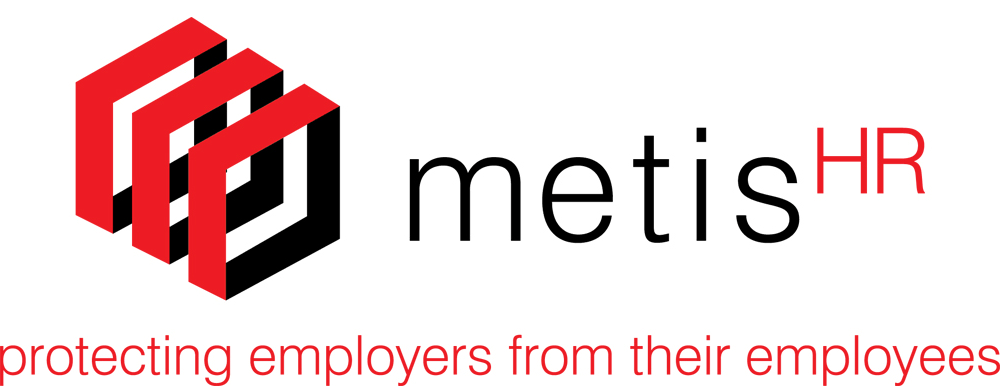Halloween can be a fun time of the year, especially for employees in the workplace, here’s a short guide on how to celebrate Halloween at work without causing offence.
By Metis HR.Sometimes though employers can be faced with challenging and sensitive issues. Here’s some tips on coming up with safe, clever and inoffensive ways to observe a classic children’s festivity in an adult setting.
Halloween celebrations can range from those focused on employees’ children, like a trick-or-treat parade of staff’s children, or those with a more grown-up flavour, such as employee fancy dress parties. The trick to successful Halloween celebrations at work is in providing fun, but avoiding alienating employees who find it offensive or simply frivolous.There’s no hiding from Halloween these days and employers may find it hard to ignore, it’s becoming big business in the UK as well as in the US. Halloween’s popularity in the workplace is growing, too.
Some of you may ask, why celebrate it? Or how do my staff or myself benefit from something as apparently lighthearted as a Halloween party? In demanding workplaces filled with high workloads and expectations, Halloween celebrations maybe a way to defuse tension and introduce fun into the workday and can help reduce stress, build teams and shape a positive company culture.Sometimes it’s the little things that make a difference with employees, a little break in the routine, such as decorating the office for Halloween is a pleasant change from the norm. It shows employees that you care by putting a little effort into doing something different for their benefit and giving the workplace an atmosphere of playfulness. The rapport among workers as they don costumes, compete in contests or play games, may break down barriers and inject more humanity into the workplace.
While fancy dress contests or pumpkin carving may seem innocuous, you need to ensure that the celebrations respect the diverse opinions of employees and that no one feels pressured to participate.Halloween events should always be voluntary, with no pressure to participate and be aware that to some employees may have religious objections to Halloween because of its origins. The ancient Celtic festival of Samhain (pronounced Sow-in), was the belief that the spirits of those who had died in the preceding year would come back seeking living bodies to possess. The Celts dressed in animal skins and masks to prevent spirit possession, but Samhain was also a feast to remember the dead and celebrate the last harvest of the year. It later mingled with Christianity’s All Saints Day (1st of November) and All Hallow’s Eve or Halloween became the celebration of the evening before.
Depending on their beliefs, some employees may object to Halloween events because they believe that it celebrates death and the occult. They should be given the opportunity to opt out of any workplace celebrations.Other employees may object to Halloween celebrations simply because they see such events as frivolous and inappropriate for the workplace. One way to avoid complaints about frivolity is to tie the fun to something important in the company’s culture, perhaps using the celebration to raise money for a good cause.
Halloween celebrations in the workplace may raise legal considerations, such as potential discrimination, harassment and safety issues. For example, allowing decorations that some employees find offensive could be construed as contributing to a hostile work environment!Other possible legal issues include: Workplace violence concerns or workplace”banter”. Suppose an employee comes to work wearing a mask, carrying a toy gun or other toy weapon and makes a joke in poor taste about hurting people. “Cyber harassment” in the guise of pranks. E.g. workers who send obscene or threatening e-mails as Halloween jokes. Check your policies on e-mail use, which should cover this situation. If you plan to let employees bring children to the workplace to participate in the celebrations, consider whether employees must take time out of work to bring their children. Religious accommodation. Some employees, such as followers of the Celtic-based religions, for example, Druidry, Paganism and Wicca, may consider Halloween or Samhain as a religious holiday (as recognised in the ACAS Code – Religion and Belief in the Workplace). You could find yourself in hot water if those employees request the day off as a religious holiday and you don’t accommodate them. You need to be prepared for this type of request if you decide to celebrate Halloween at work.
Celebration GuidelinesLegal questions, employee objections, religious issues—do all these mean you should hide the sweets, ban the costumes and toss out the fake cobwebs? No. With planning and sensitivity, you can still celebrate Halloween. Send out emails or notes of the intention to celebrate Halloween in the office and this should determine the level of positive or negative response from your staff, helping you to make a decision on how to carry the idea forward and make it an enjoyable time of year for everyone. You do not need to issue distinct guidelines on Halloween celebrations unless there is a specific problem to address. Review existing general policies to see if they cover the planned celebration then you can determine if you need more protection. If you can anticipate and operate in moderation, everyone can still have fun.
Enjoyed this? Read more from Metis HR






















